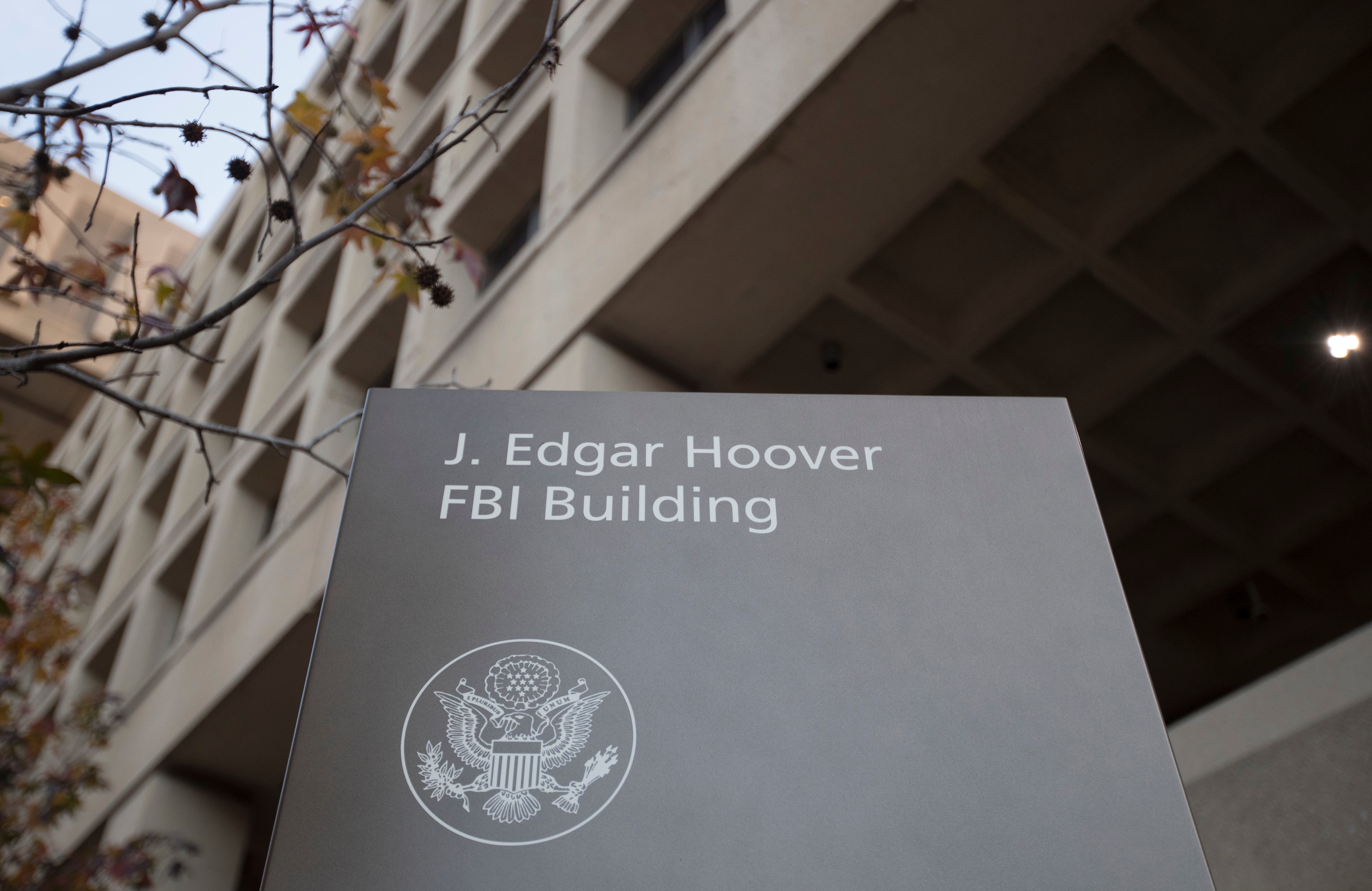Ex-FBI lawyer who altered Russia probe email seeks probation
Lawyers for an ex-FBI lawyer who pleaded guilty to altering an email during the Donald Trump-Russia investigation say he “made a grievous mistake” but should be spared prison time and given probation instead

A former FBI lawyer who pleaded guilty to altering an email during the Donald Trump-Russia investigation “made a grievous mistake” but should be spared prison time and given probation instead, his attorneys said in a sentencing memorandum Thursday.
Kevin Clinesmith admitted in August to having altered an email used in support of an FBI application to monitor the communications of a former Trump campaign aide, Carter Page Clinesmith's lawyers said that although he believed the information he wrote was accurate, he knowingly doctored the email by stating that Page was “not a source” for the CIA.
“By altering a colleague’s email, he cut a corner in a job that required far better of him. He failed to live up to the FBI’s and his own high standards of conduct,” his lawyers wrote. “And he committed a crime.”
They said it was “an aberration in a life otherwise characterized by hard work, determination, and dedication to the service of others.”
Clinesmith was charged as part of an inquiry into the handling of the Russia investigation being conducted by John Durham, the U.S. attorney for Connecticut. The Justice Department disclosed this week that Attorney General William Barr had appointed Durham as special counsel, a maneuver designed to ensure that he is not fired by the incoming Biden administration before he completes his work.
The case involving Clinesmith concerns applications that the FBI submitted in 2016 and 2017 to the secretive Foreign Intelligence Surveillance Court to eavesdrop on Page, a former national security adviser to Trump's presidential campaign, on suspicion that Page was a Russian agent. At the time, the FBI was investigating whether the campaign had coordinated with Russia to tip the election.
The handling of those applications has been the subject of scrutiny over the past year. A Justice Department inspector general's report that described Clinesmith's conduct noted significant errors and omissions in the documents. Page last week sued multiple FBI officials, including Clinesmith, over the warrant applications.
In June 2017, as the FBI was seeking to renew its surveillance of Page, Clinesmith was instructed to ask the CIA whether Page had ever been a source for the intelligence agency. Any relationship Page had had with the CIA could have been important to disclose to the extent that it could have helped explain contacts Page had had with Russians.
Clinesmith understood the response he received to mean that Page was a subsource, not a source, for the CIA. according to his lawyers. In an email he then passed along to an FBI agent involved in the case, he added that Page was “not” a source, believing that information to be true.
He later forwarded along additional information about Page's relationship with the CIA, his lawyers said.
The CIA said that Page had been an “operational contact” between 2008 and 2013, meaning someone who provides information for the agency as part of ordinary activities but is not tasked to do so.
Bookmark popover
Removed from bookmarks